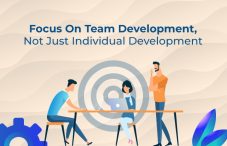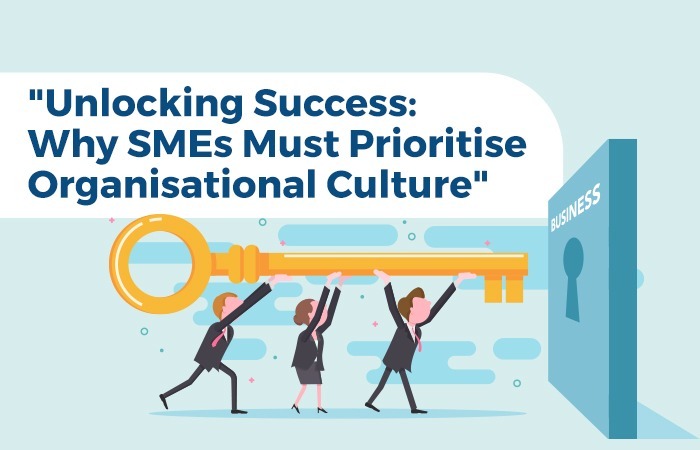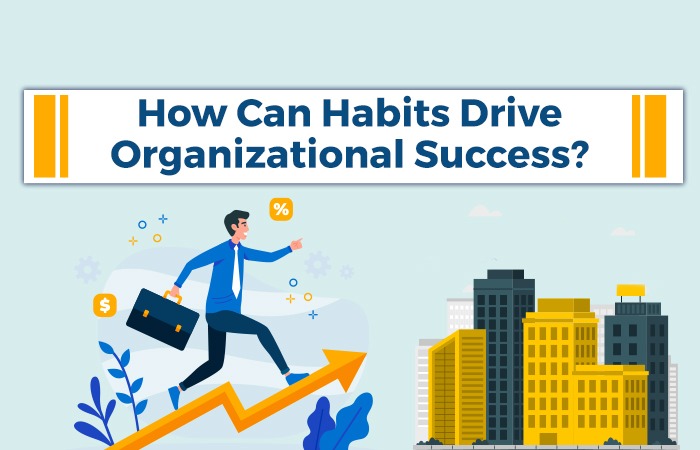Since the time unknown, human civilization at its core has ingrained and strengthened the instinct of close collaboration with fellow tribe members, aka the team, for completing tasks of great importance while furthering the process of human development. Whether it is hunting and bringing down a giant mammoth in prehistoric times or building a rocket to take human species to another planet to settle down there, the core principles to achieve any great goal is one, the “Team Work” .
It is well recognized that teamwork is an essential ingredient for the success and effectiveness of any team. Hence, all businesses educate and continue to focus on training individuals to be team players. Instead, it should focus on the far more effective approach of helping actual teams become better together.
The myth of the single leader is just that, a myth. The idea of James Bond falling from the sky to single-handedly save the world captures our imaginations, but the most urgent and daring missions. are executed by teams of elite soldiers who have been handpicked and relentlessly trained to operate as a cohesive unit.
Effective teamwork is a vital ingredient for success, but there is a sizable gap between working in a team and a team that works well. What distinguishes high-performance teams from other groups is that a team is more than a collection of people simply following orders. To function effectively, a high-performance team also needs:
● An obvious purpose, aim and commitment to the team’s members.
● Ambitious performance goals than average teams.
● Mutual accountability and a clear understanding of members’ responsibilities to the team and individual obligations.
● A diverse range of expertise that complements other team members’ abilities.
● Interdependence and trust between members.
Key reasons teams work
● A group of individuals brings complementary skills and experience that exceed the abilities of a single individual.
● Teams support real-time problem-solving and are more flexible and responsive to changing demands.
● Teams provide a unique social dimension that enhances the economic and administrative aspects of work.
● High-performance teams have more fun at work than low-achieving teams or individuals.
Stages of Team Development
Learning to work together effectively is team development. Research has shown that teams go through definitive stages during the development phase. Dr. Bruce Tuckman, an educational psychologist, identified a five-stage development process that most teams follow to become high performing. He called the stages forming, storming, norming, performing, and adjourning.
Forming stage
The team meets and learns about the opportunities and challenges, and then agrees on goals and tackles the tasks. Team members behave independently. They may be motivated, but are usually relatively uninformed about the issues and objectives of the team. Team members are usually on their best behavior but very focused on themselves. Members attempt to become oriented toward the tasks as well as toward one another. Discussion centers on defining the task, how to approach it, and similar concerns. To grow from this stage to the next, each member must relinquish the comfort of non-threatening topics and risk the possibility of conflict.
Storming stage
This is the second stage of team development, where the group starts to sort itself out and gain each other’s trust. Members communicate their feelings but still view themselves as individuals rather than as part of the team. They resist control by group leaders and show hostility. The ideal is that they will not feel that they are being judged, and will therefore share their opinions and views. Normally, tension, struggle, and sometimes arguments occur. This stage can also be upsetting.
Norming stage
Resolved disagreements and personality clashes result in greater intimacy, and a spirit of cooperation emerges. This happens when the team is aware of competition and they share a common goal. At this stage, all team members take responsibility and have the ambition to work towards the success of the team’s goals. They tolerate the whims and fancies of other team members. They accept others as they are and make an effort to move on. The danger here is that members may be so focused on preventing conflict that they are reluctant to share controversial ideas.
Performing stage
In the performing stage, consensus and cooperation have been well-established, and the team is mature, organized, and well-functioning. There is a clear and stable structure, and members are committed to the team’s mission. Problems and conflicts still emerge, but they are dealt with constructively. The team is focused on problem solving and meeting team goals.
Adjourning Stage
In the adjourning stage, most of the team’s goals have been accomplished. The emphasis is on wrapping up final tasks and documenting the effort and results. As the workload is diminished, individual members may be reassigned. They may reassign individual members to other teams, and the team disbands with usually a ceremonial acknowledgement of the work and success of the team. If the team is a standing committee with ongoing responsibility, members may be replaced by new people and the team can go back to a forming or storming stage and repeat the development process.
Teams can improve their collaboration and cohesion, but they only do so through the team developing together. Organizations need to shift from its focus on individual leaders to enabling intact teams to define their own terms of performance and allow them to practice and share meaningful experiences together.













